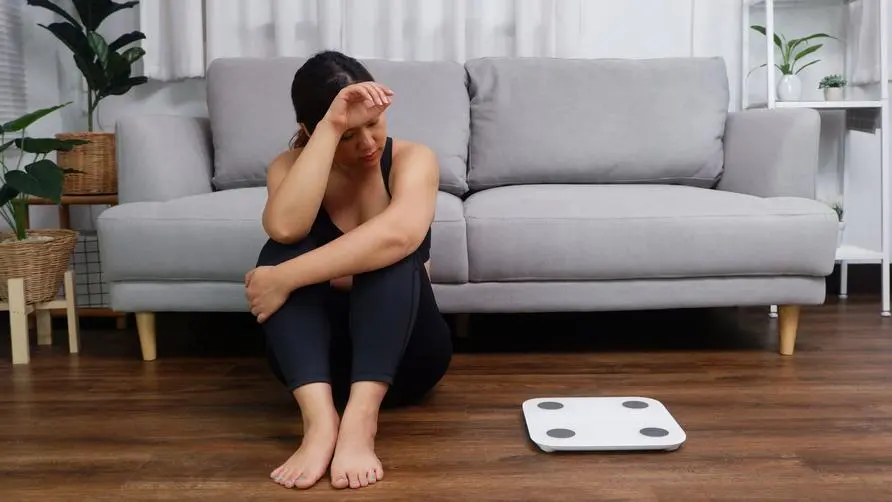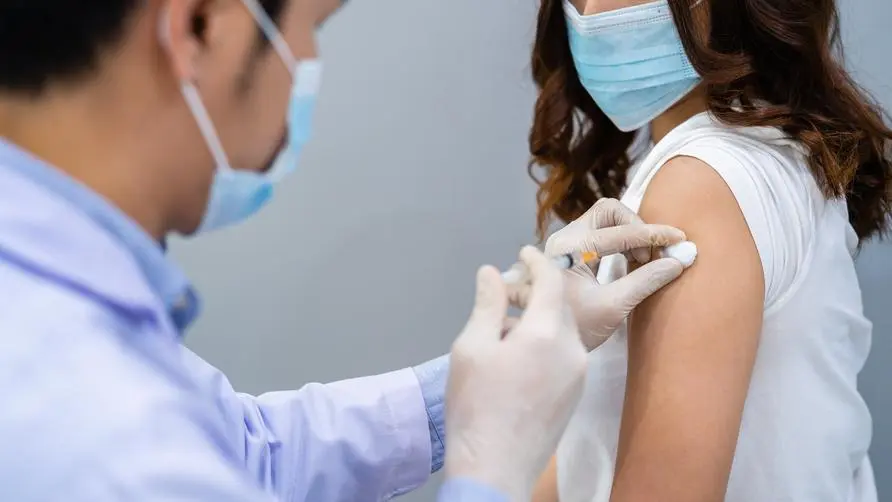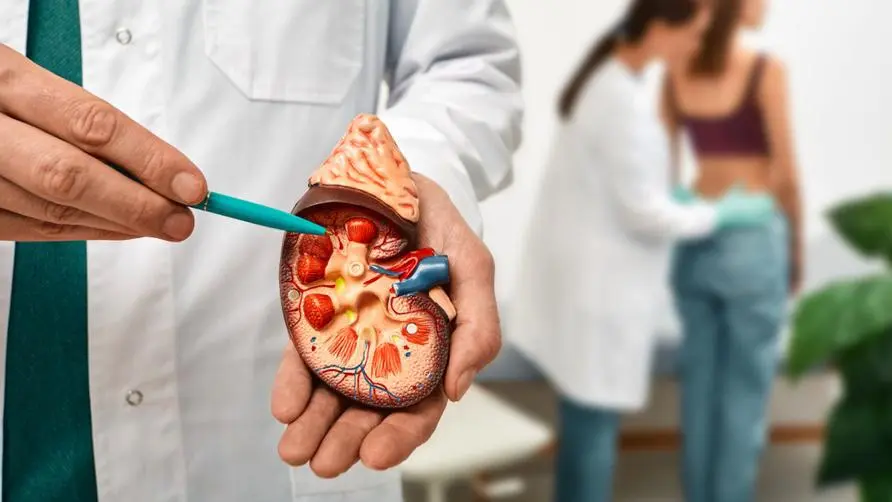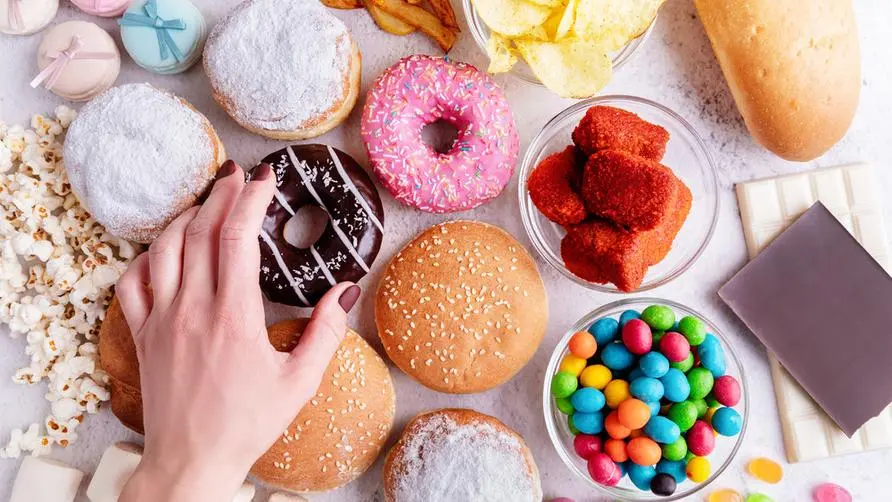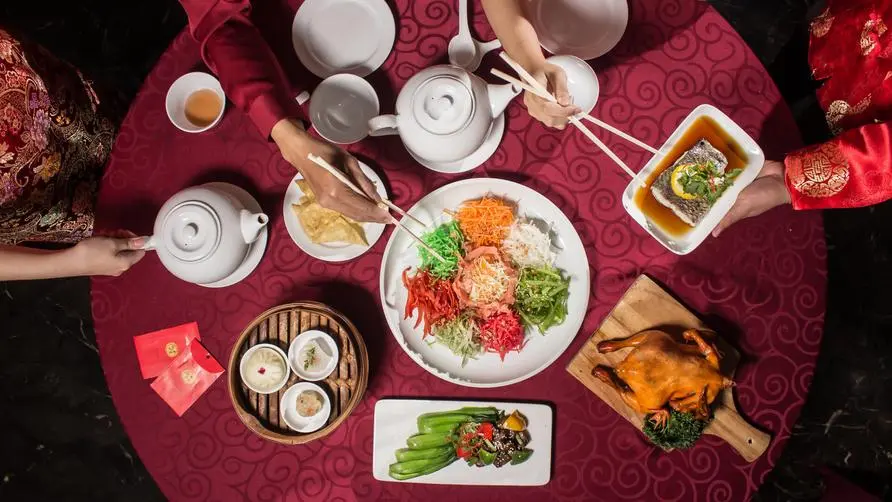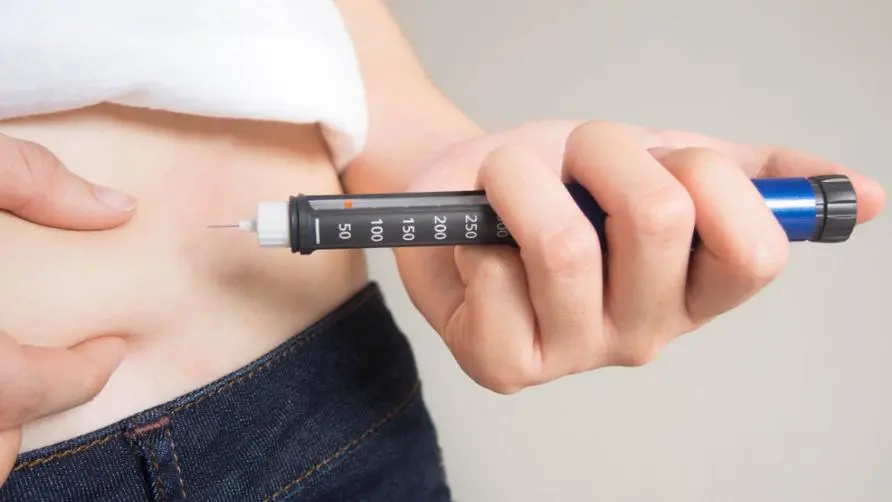How to eat when you have three highs at the Weiya dinner party? Avoid eating these 5 "landmine foods" that may cause high cholesterol levels

Picking up each other’s dishes, pouring wine, and picking up the ends of the dishes. Watch out for blood pressure and blood sugar rising step by step.
It’s the New Year’s Eve dinner time again. Eating too much food heavy in oil and salt can easily lead to poor control of high blood pressure, high blood sugar, and high blood lipids. Dr. Hong Weijie, director of the preventive medicine department of the Department of Family and Community Medicine at E-Da Hospital, said that most of the year-end dinner dishes are exquisite meals, often high in oil, sugar, and salt. It is easy to consume excess calories while enjoying the delicious food.
Dr. Hong Weijie said that in Taiwanese culture, during dinner gatherings, people share dishes and pour wine, often with sugary drinks. After the party, many people are accustomed to “picking up the leftover food” and packing up the leftover food to take home. These common situations of year-end dinner gatherings may lead to excessive dietary intake and increase blood pressure and blood sugar. If you have three high blood pressure problems or chronic diseases, you should try to avoid them.
Dr. Hong Weijie said that during the Lunar New Year and Chinese New Year periods, people with diabetes pay more attention to calorie control, especially avoiding foods with high glycemic index. The higher the glycemic index of a food, the more blood sugar will rise. Foods including refined starches such as white rice, fresh cream, cakes, etc. should be eaten less. Sugary drinks and overly sweet fruits are also recommended to be consumed in moderation.
Which Chinese New Year dishes are likely to raise cholesterol levels? If you have high blood pressure, eat less meat.
As for those with high cholesterol, Dr. Hong Weijie reminds us that there are 5 common table dishes at dinner parties and New Year dishes that should be avoided:
Animal offal.
Seafood, in addition to fish, “mullet roe” that is common during the Chinese New Year is also a food with excessive cholesterol.
Fried food.
Filled foods, such as shredded radish cakes, red bean cakes and other snacks, have high triglycerides.
Thickening dishes, such as soups, like Buddha jumping over the wall.
People with high blood pressure should pay attention to their sodium ion intake. Dr. Hong Weijie reminded that people with high blood pressure should pay attention to high-salt foods on the table, such as bacon, sausages and other pickled foods. In addition, the impact of alcohol on blood pressure is easily overlooked, and drinking alcohol can easily cause blood pressure to spike. People with high blood pressure are advised to quit drinking alcohol early to help improve blood pressure health.
Irregular medication use will increase the risk of eating too much, beware of the rebound of three highs, which will harm your health.
There are many dinner parties and banquets at the end of the year. Dr. Hong Weijie reminds you that if you have high blood pressure or diabetes, you must carry your medicine with you and take medicine regularly according to the doctor’s prescription. “Diseases will not go on holiday with the end of the year!” The public is reminded that they should still take the medicine they should take during the Chinese New Year, maintain the three-high control they should do, and pay attention to appropriate exercise.
Dr. Hong Weijie said that many people want to “relax” during the Spring Festival at the end of the year, so they stop taking medicine for a few days, thinking that it will not cause any serious harm to their health. In fact, irregular medication combined with big dinners at the end of the year may cause previously controlled blood pressure, blood sugar, and blood lipid problems to rebound again, or even cause acute symptoms. The public is reminded that in addition to regular medication and proper diet control during the Spring Festival, they should also go back for regular check-ups after the New Year to confirm whether there are any abnormalities in blood pressure, blood sugar, and blood lipids.
